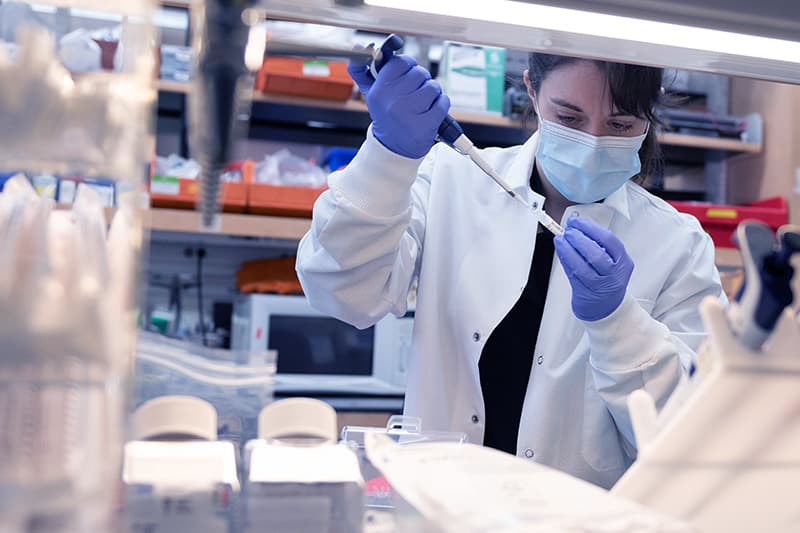Study Reveals 1-3% of Common Disease Diagnoses Mask Rarer Monogenic Conditions

Boston, MA – Groundbreaking research indicates that a significant percentage of patients diagnosed with common conditions such as atopic dermatitis, inflammatory bowel disease, and multiple sclerosis may actually be suffering from much rarer monogenic diseases. Genome sequencing has revealed that between 1% and 3% of these patients possess underlying monogenic conditions, a finding that could profoundly alter diagnostic and treatment pathways. Samuel Hume, a prominent voice in the medical community, highlighted this revelation, stating, > "This is genuinely paradigm-shifting."
The findings are substantiated by a recent study published in the New England Journal of Medicine on October 22, 2025. This research utilized exome- and genome-sequencing data from the U.K. Biobank and clinical trials, identifying rare variants in 1.12% to 2.86% of patients initially diagnosed with the common diseases. The study underscores the critical importance of accurate diagnosis, as misattribution can lead to delayed or inappropriate treatments, complicating patient management.
The increasing accessibility and decreasing cost of whole-genome sequencing (WGS) are pivotal to this potential diagnostic shift. The cost of sequencing a human genome has dramatically fallen from billions to as low as $600 in 2024, with projections reaching approximately $200 by 2025. This rapid reduction is driven by technological advancements and increased market competition, making WGS a more viable frontline diagnostic tool.
Hume emphasized the implications of these trends, noting, > "Given the obvious importance of a correct diagnosis, and the diminishing cost and time of genome sequencing, maybe it's time to move it to the frontline." Rapid genomic diagnostics are now capable of delivering results within 24-72 hours, facilitating quicker and more precise interventions. This speed is particularly crucial in critical care settings, where early and accurate diagnoses can significantly improve patient outcomes.
The widespread adoption of WGS could lead to a new era of personalized medicine, where treatments are tailored to an individual's unique genetic profile. Companies like Illumina and Ultima Genomics are at the forefront of this revolution, continuously innovating to make sequencing even more affordable and efficient. This ongoing progress suggests that genomic information will become a standard component of clinical care, moving beyond specialized research into mainstream medical practice.